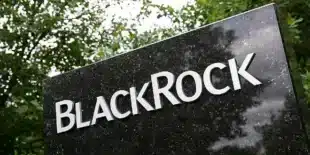Scientists have revealed that an ancient seed, believed to date back between 993 AD and 1202, may hold the key to curing cancer. This seed, discovered in the Judean Desert, between the West Bank and Israel, is thought to have grown into a 10-foot tree nearly a millennium ago and belongs to a lineage of trees mentioned in the Bible.
Named “Sheba,” the seed was found in a cave in the late 1980s and took 14 years to grow into a tree. According to scientists, it is from a now-extinct species of trees that once thrived in the region.
Could this ancient seed hold a cancer cure?
Researchers suggest that the fully-grown tree, Sheba, could be linked to the biblical “tsori,” a balm known for its healing properties. The team hypothesized that Sheba might be the source of the historical “Judean Balsam,” which was highly valued for its medicinal qualities.
Chemical analysis of Sheba’s leaves revealed that it contains compounds with anti-inflammatory and anti-cancer properties. Additionally, the tree’s stems and leaves were found to possess antioxidant and skin-smoothing benefits.
The scientists believe their findings support the theory that Sheba may represent an extinct or locally extinct lineage once native to the region. The resin, or “tsori,” referenced in biblical texts, was associated with healing properties, although it was not described as fragrant.
The research team conducted chemical, radiocarbon, and DNA analyses of Sheba. They discovered that it belongs to the same family as myrrh and frankincense, both of which are mentioned in the Bible. However, despite their efforts, the exact species of the Sheba plant remains unidentified. Over the last 14 years, the tree has not produced any flowers or reproductive material that would allow for further study of its properties.
Researchers noted that if Judean Balsam still exists as a species of Commiphora, it is possible that scientists have yet to recognize it.


